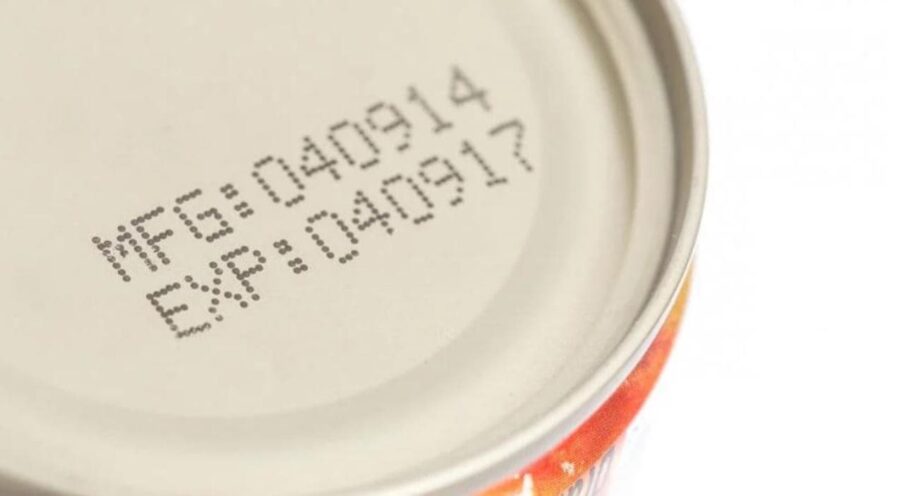
Fighting food insecurity starts at home
In the face of rising global temperatures and climate change, it’s crucial to address the issue of food supply, which affects more than 20% of South Africans daily.

Here are quite a few practical ways for South Africans to combat food insecurity and save money.
1. Understand food labels
When shopping for groceries, decoding labels is essential. Look for “Best Before” and “Sell By” dates:
Best Before Date (or Best by Date): This date, provided by the manufacturer, suggests when a food product is at its best in terms of taste and quality. It doesn’t mean the food is unsafe after this date, just that it may not be at peak quality. Common on non-perishable items like canned goods, pasta, rice, and snacks.
Sell By Date (or Sell Before Date): This date is mainly for retailers to manage stock. It indicates the last date for selling a product at its best quality. Often, the food is still safe to consume after this date, especially for perishable items like dairy, meat, and some baked goods. Many people throw away perfectly edible food unnecessarily due to these labels.
2. Prioritise your favourite foods:
When planning your weekly groceries, focus on foods you genuinely enjoy. Create a specific shopping list that aligns with your preferences. This not only saves you money by avoiding unnecessary purchases but also reduces food waste, promoting sustainability.
ALSO READ: Sky high food prices alarm SA yet no formal complaints are made
3. Ensure proper ingredient storage
Maintaining an organised fridge by storing fresh ingredients correctly ensures their freshness. Learn the best storage practices to minimize food waste. Using glass storage containers can help you identify ingredients and leftovers easily. Good storage habits save money and reduce waste.
4. Share with Food Redistribution networks
Adopt the “sharing is caring” principle by donating your time or non-perishable items to leading food redistribution non-profit organisation, FoodForward SA. This organisation is dedicated to fighting food insecurity in South Africa and play a significant role in helping communities across the country. Your donations provide nourishment to those in need and contribute to a more sustainable society. Small acts of kindness can make a big difference in the lives of others and the health of our planet.
These are just a few steps South Africans can take to reduce waste, combat food insecurity at home, and contribute to a more sustainable society.
